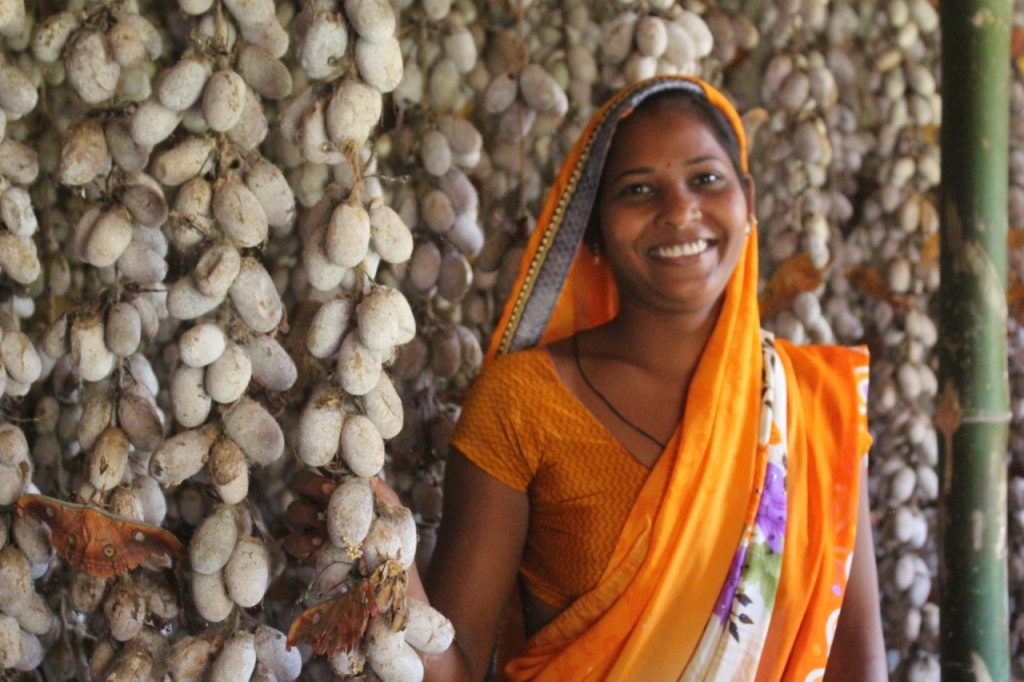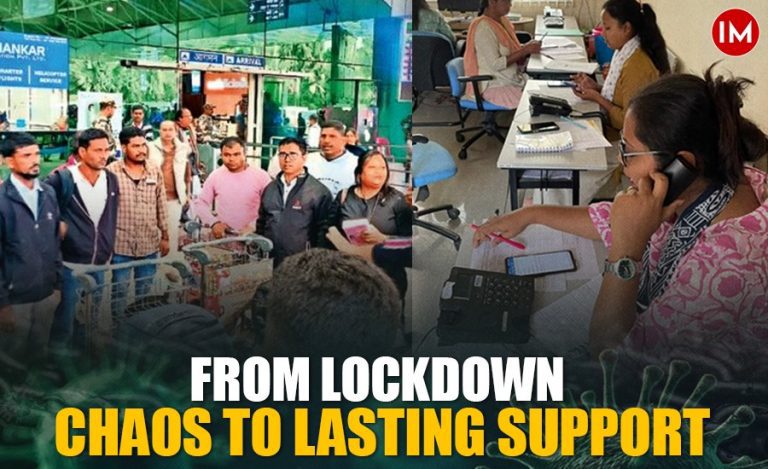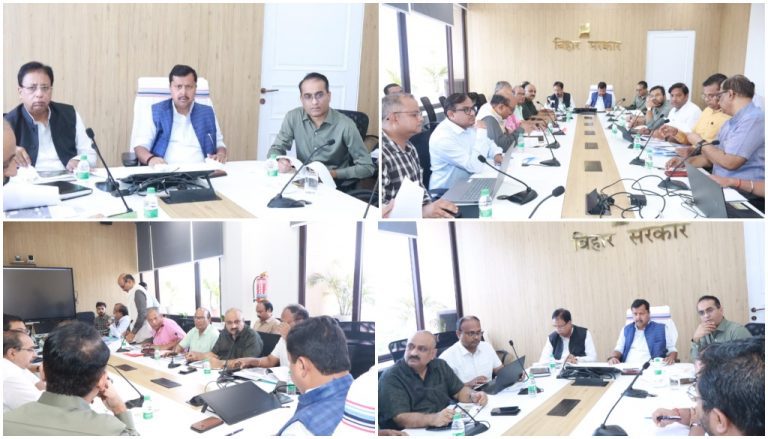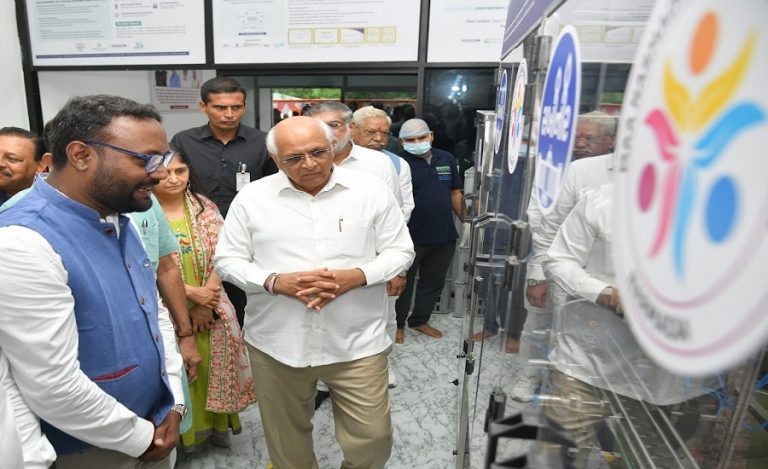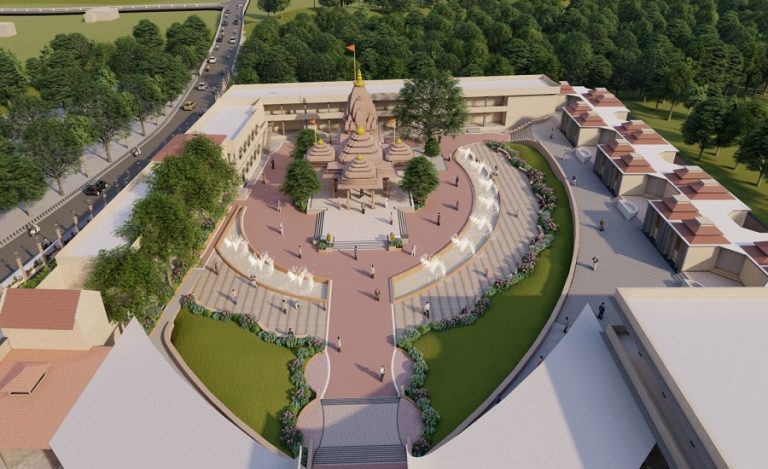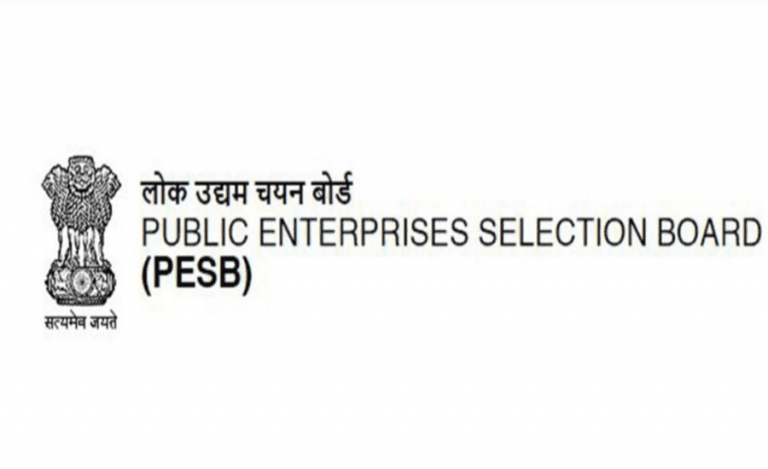Many people in rural Jharkhand, who had been living on the margins so far, are now walking on the path of development. This has become possible with the efforts of the Rural Development Department of Jharkhand. It has created new livelihood opportunities for thousands of rural people at a time when the pandemic is pushing millions into penury.
DEVELOPING THE RURAL POPULATION
Speaking with Indian Masterminds, Secretary of Rural Development Department Jharkhand, Ms. Aradhana Patnaik (an IAS officer of 1998 batch) said, “People living in the rural areas of the state are hardworking but they don’t get much opportunities and are also not aware of the various technologies which are available in the world out there. These people are traditionally into agricultural and other activities like poultry, dairy etc. As they lack information on the latest technology and how to market their products, the rural department is helping them by providing all the assistance which is required to improve their livelihood and standard of living.”
For this, the department has launched an initiative called Aajeevika Samwardhan Hunar Abhiyan (ASHA), to empower the rural families with strong means of livelihood based on the local resources, opportunities and possibilities available in the state.

The initiative is being implemented by the Jharkhand State Livelihood Promotion Society (JSLPS), a nodal agency established by the rural department for effective implementation of livelihood opportunities among rural people.
SPREARHEADING THE INITIATIVE
The idea was put in place in September 2020, with an aim to provide two or more income earning opportunities to rural families, through different means of livelihood covered under SHGs. It was the time when the country was going through the first wave of Covid 19 pandemic and the initiative became provided lot of support to the returning migrants.
In the present context, the second wave is turning out to be worse and migrants are once again returning back from different places. In such unusual times, an effort is being made under the ASHA initiative to link the family of migrants to self-employment and employment opportunities. The JSLPS is implementing this initiative through various ongoing schemes like DAY-NRLM, JOHAR, JHIMDI, MKSP, SVEP, DDUGKY in Jharkhand
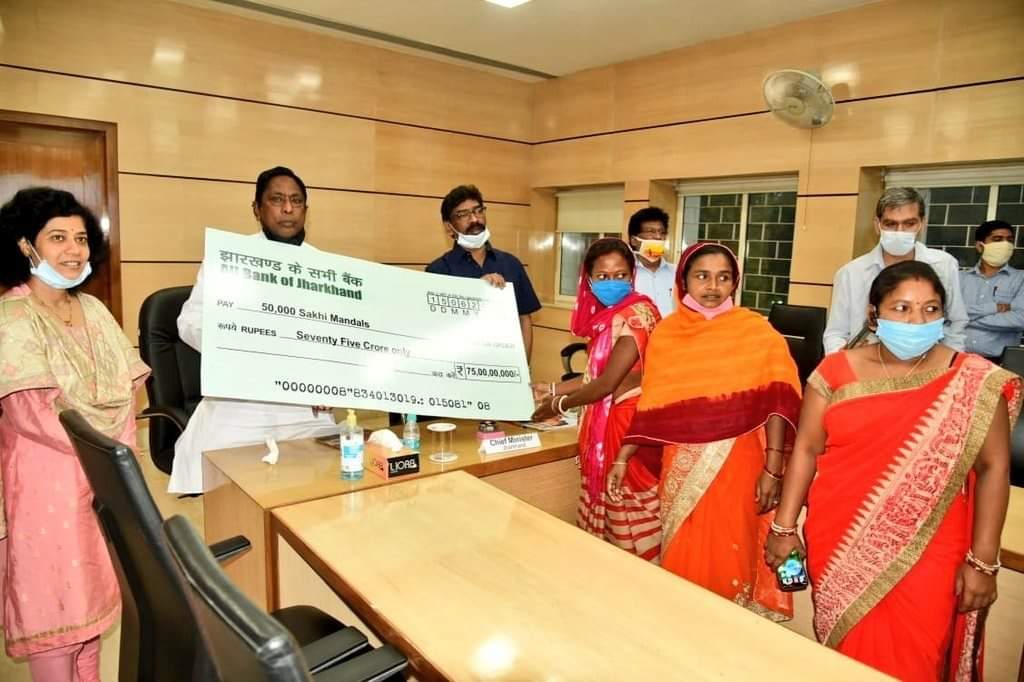
Going forward, the rural families were provided various livelihood opportunities in the field of agriculture, non-timber forest products (NTFP), animal husbandry, entrepreneurship, skill-based employment and self-employment to ensure sustainable livelihood for rural families under ASHA.
PALASH- A PLATFORM TO SELL
Ms. Patnaik said, “All the rural SHGs who were traditionally producing farm products like tamarind, honey, pulses, rice, mustard oil etc. were selling it to the local traders, who were mostly benefitting from it and not the women SHG workers who were producing it. We found a solution to this issue and launched a brand name called ‘Palash’ to add value to their products.”

“We have formed around ten thousand Farmer Producer Groups (FPG) in the state and in every group, there are around 50 odd women. Therefore, around 50 thousand women are engaged in this process. Further, these women producers conduct end-to-end value chain process of production, collectivization, processing, packaging, branding, and marketing,” she added.
Tamarind, honey, arhar pulse, jeera phool rice, mustard oil, soap, millet floor, Haldi, lemongrass oil, lac and various other products are the output of this process. The brand was launched with an aim to integrate the products by rural women entrepreneurs.
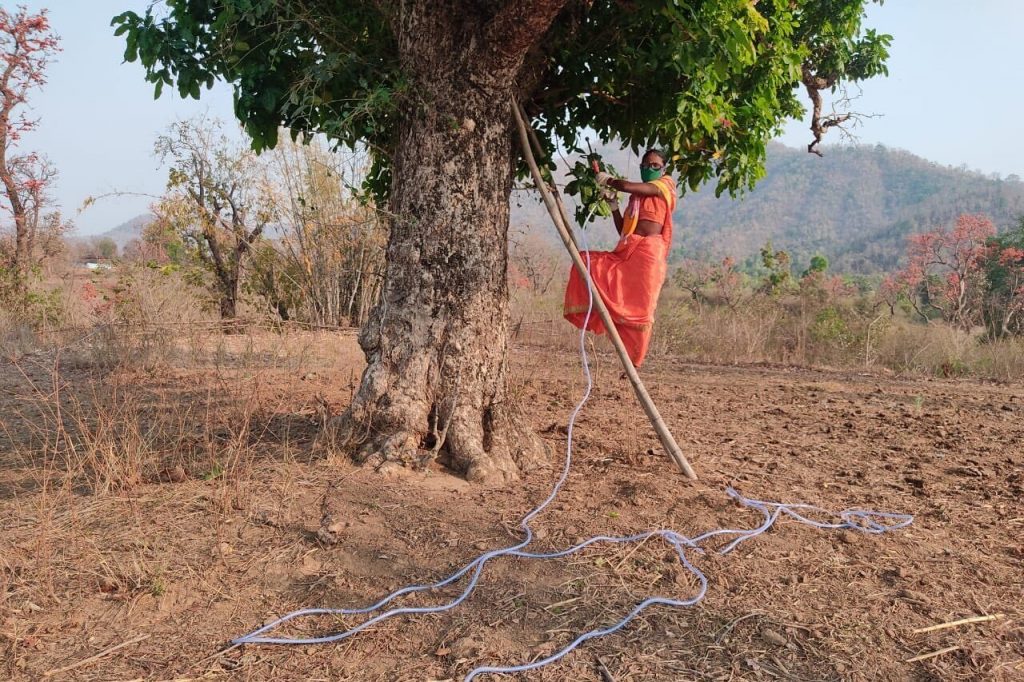
The potential of the rural women entrepreneurship among the members of the SHGs of the state has now been promoted under the Palash brand, with a targeted value of Rs. 1000 crores by 2023.
EXPANDING THE BRAND
Ms. Patnaik said, “In the first phase, we have established ‘Palash Mart’ in every district headquarter. We now plan to scale it up to the whole state.”

The Palash branding & marketing strategy has been getting a vibrant response and as a result, within a period of around 180 days, 37 products have been launched in the open market through an exclusive network of 19 `Palash Marts’ and 26 Palash display counters.

